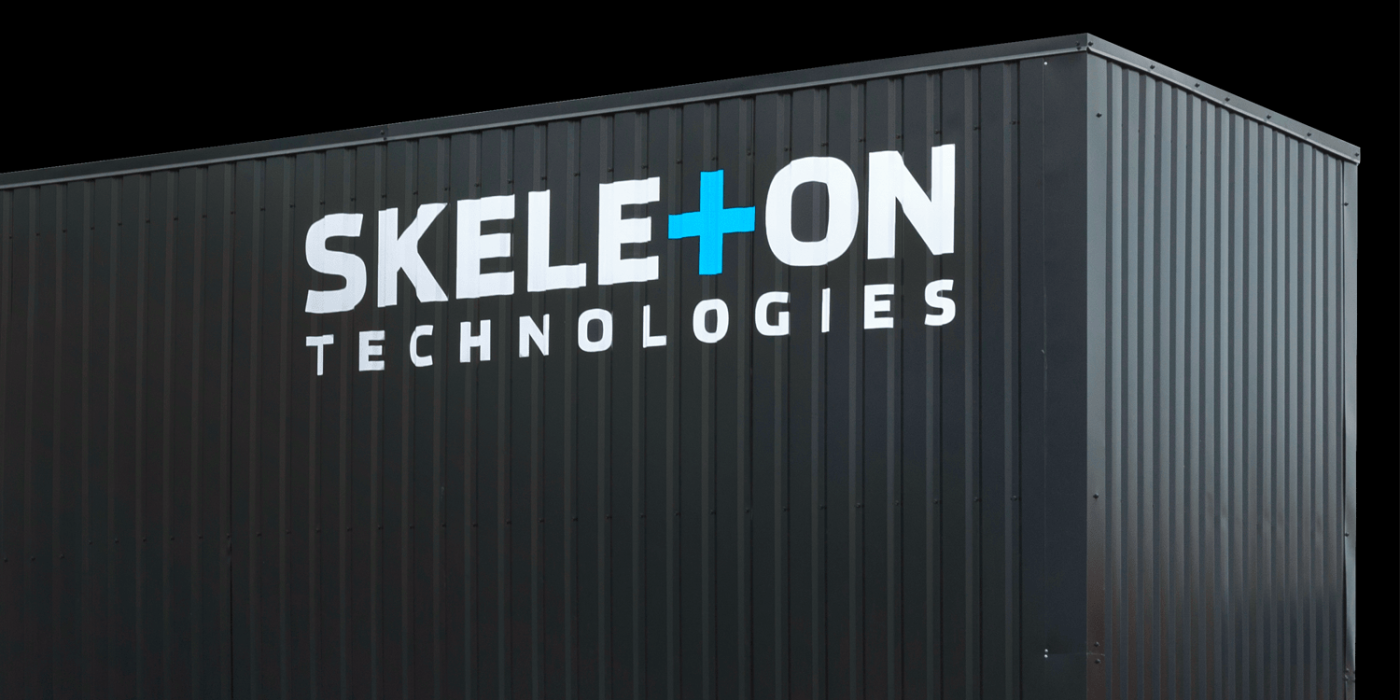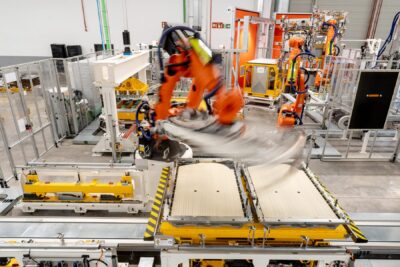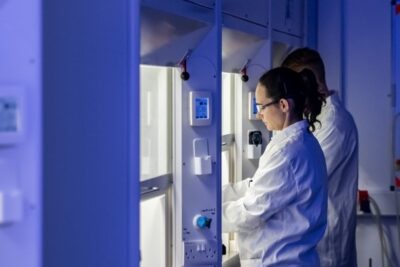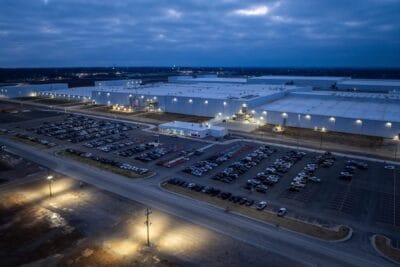Skeleton to supply ultracapacitors to CAF
Skeleton Technologies has signed a contract with CAF Power & Automation, a manufacturer of power supply solutions for the railway industry. Skeleton will supply ultracapacitors that will be integrated into CAF’s OESS (On Board Energy Storage System) for trams.
The OESS is already used in trams in dozens of countries, including the UK, Australia, Estonia, Luxembourg and Spain. According to the Skeleton Technologies announcement, the ultracapacitors will not only increase the efficiency of trams, but also cap power peaks and even be able to provide power on overhead line-free sections.
The Estonian company does not give technical data on storage capacity, power consumption and output, or dimensions. ““In terms of public transportation, trams are already a very energy-efficient solution,” says Taavi Madiberk, co-founder and CEO of Skeleton Technologies. “However, our ultracapacitors can take them to the next level allowing the maximum energy recovery.” According to Madiberk, the ultracapacitors will be further improved with the “Curved Graphene” material to offer a ” more reliable, longer-lasting alternative to high-power batteries.”
Customer CAF, based in Donostia near San Sebastian, is also concerned with the current technology, however. “Skeleton’s cells offer very high efficiency and low heat losses, and their high-power density enables further weight and space savings,” a CAF representative is quoted as saying. “Therefore, they are a perfect fit to the rail and tram industry.”
This is not the first time Skeleton ultracapacitors have been used in trams: in 2020 the Estonian company received a corresponding order from Warsaw, and in 2019 from Mannheim. Thanks to the ultracapacitors, the trams recover energy when braking and can use it again the next time they accelerate, which saves energy and reduces costs. Since the braking process only lasts a few seconds and the energy also does not have to be stored for a long time, ultracapacitors are more suitable here than battery systems.
In its German plant in Großröhrsdorf, Skeleton Technologies is working on so-called hybrid energy storage systems. In short, the advantages of lithium-ion batteries (high energy density) are to be combined with the advantages of ultracapacitors (high performance, long service life) in such hybrid storage systems. The company is being funded by the German Federal Ministry of Economics and Technology as part of the second battery IPCEI. In the funded project, the costs of ultracapacitors are now to be significantly reduced and new types of hybrid solutions for energy storage are to be developed, so that the resource requirements for classic batteries are reduced.
Source: Press release via email





0 Comments